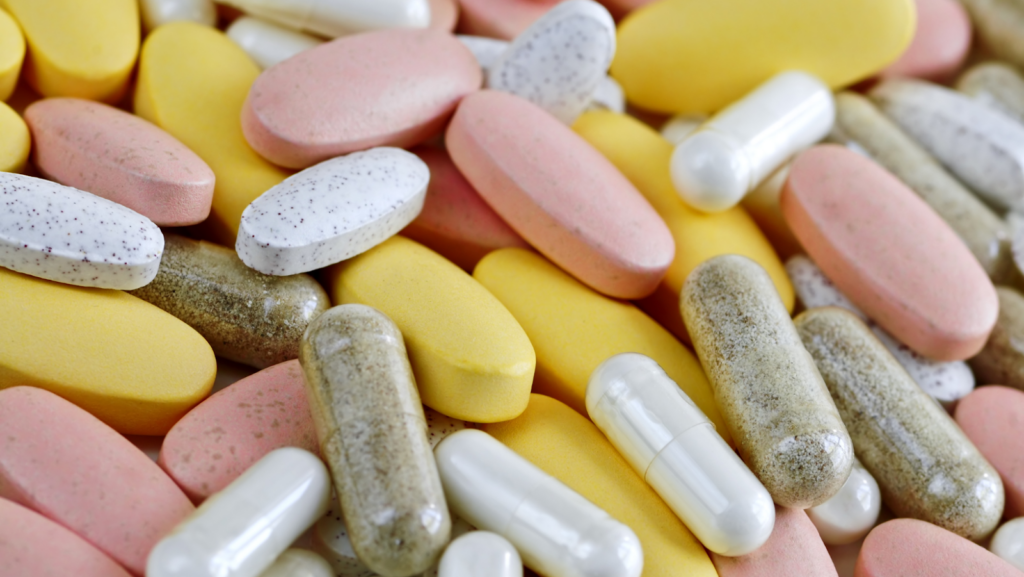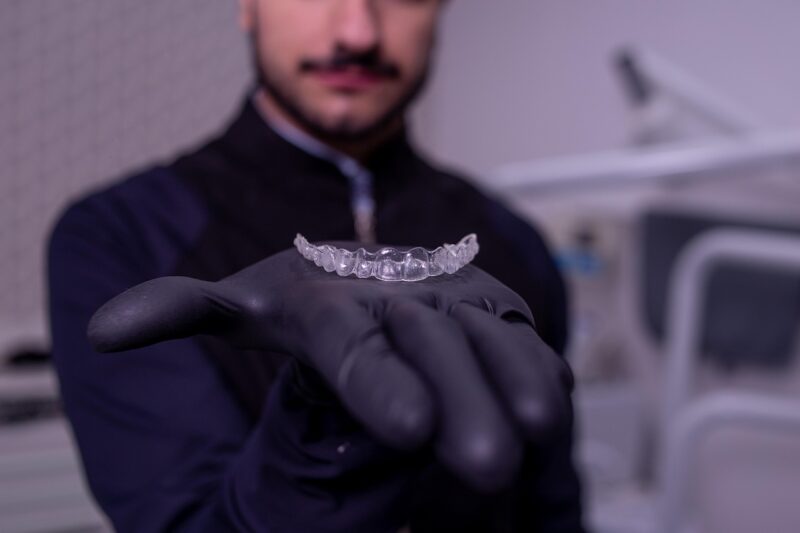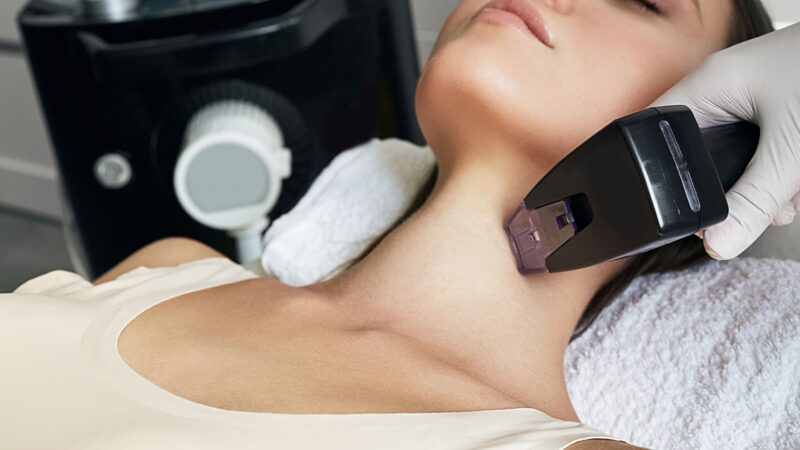
As anyone who has ever suffered a painful bruise knows, they can be not only painful but also quite unsightly. While most bruises will eventually fade on their own, there are some steps that can be taken to help promote healing and prevent new bruising. One of the most effective measures is to ensure that you are getting enough vitamins and minerals through your diet or supplements. Vitamin C, for example, helps the body to produce collagen, which is essential for healthy skin. Vitamin K, meanwhile, helps the blood to clot properly and can thus help to reduce bruising. By making sure you are getting enough of these essential nutrients, you can help to prevent both bruises and the potential for more serious injuries.
I bruise easily what vitamins do I need
Bruises happen when small blood vessels under your skin tear or break. This can be due to a minor injury, like a bump or fall. your body then works to repair the damage by sending extra blood to the area. This causes the area to turn blue or purple. As the bruise heals, it will usually change color, first to green or yellow, and then eventually fade away.
There are several vitamins that can help with bruises. vitamin C helps with the production of collagen, which is important for wound healing. Vitamin K helps with blood clotting and also promotes wound healing. Finally, vitamin E is an antioxidant that can help to reduce inflammation. There are many foods that are rich in these vitamins, including citrus fruits, leafy greens, tomatoes, kiwi fruits, and avocados. You can also take supplements if you feel like you’re not getting enough of these vitamins in your diet.
The benefits of taking vitamins and supplements to prevent bruising
Bruises are caused by a trauma to the soft tissue under the skin, resulting in internal bleeding. The body’s natural response is to form a clot to stop the bleeding, and as the blood cells break down, they release a pigment called bilirubin, which gives the bruise its characteristic color. There are many different factors that can contribute to bruising, including age, medication use, and nutritional deficiencies. However, one of the simplest ways to reduce the risk of bruising is to take vitamins and supplements.
Vitamin C is essential for collagen production, and collagen helps to strengthen blood vessels and improve blood circulation. In addition, vitamin K helps the blood to clot more quickly, meaning that bruises will be smaller and less likely to occur. Taking these vitamins on a regular basis can help to prevent not only bruising but also other conditions such as osteoporosis and cardiovascular disease.
How much should you take, and when should you start taking them to prevent bruises from happening in the first place?
The recommended daily intake of vitamin C is 75-90 mg for adults. Vitamin K can be found in leafy green vegetables, and the recommended daily intake is 90 micrograms for adults. As for vitamin E, the recommended daily dose is 15 mg. It’s best to start taking these vitamins and supplements on a regular basis before you start to bruise easily. This way, you can prevent bruises from happening in the first place. However, if you are already bruising easily, taking these vitamins and supplements can still help to reduce the risk of bruising and promote healing.
What are some other ways to prevent bruises from happening, outside of taking vitamins and supplements?
There are many other ways to prevent bruising. For example, you can avoid trauma to the skin by being careful not to bump into things or fall. You can also help to improve blood circulation by staying active and exercising regularly. In addition, you can take steps to improve your overall health by eating a healthy diet and getting enough rest. Finally, if you are taking any medications that thin the blood or reduce clotting, be sure to talk to your doctor about ways to reduce the risk of bruising.











